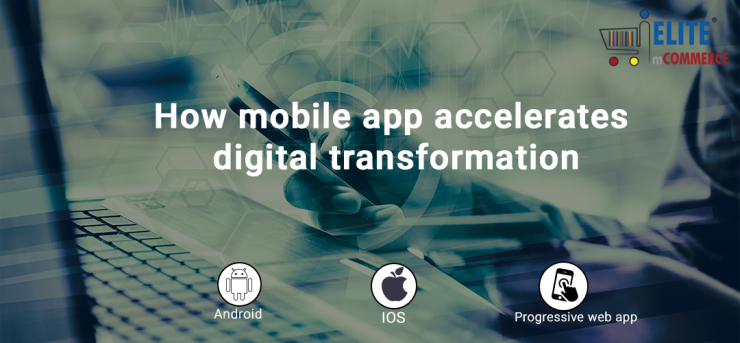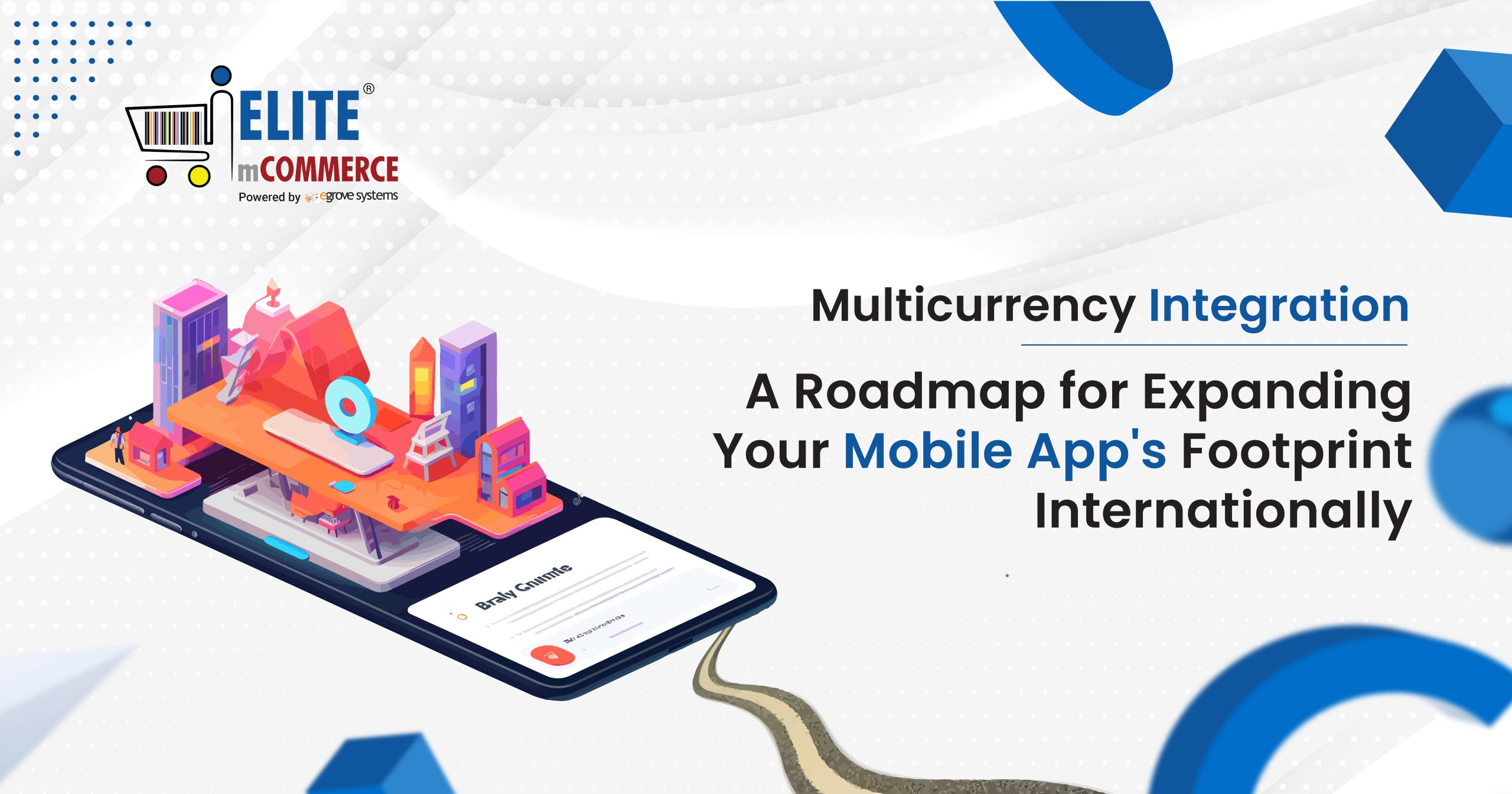Digital transformation is related to migrating the analog business process to a digital medium. It can be expanded to several functions such as communication, utility services, business operations, and even enhancing the customer experience. Not only this, mobile has surpassed desktop usage and is the primary way using which you can access the Internet. In a report published by Smart Insights, it was found that mobile users consume more information than 2x minutes when compared to the desktop users. With this, it is evident that mobile apps can turn out to be a propelling force behind digital transformation. Here are some of the ways in which they can influence digital transformation:
Increase the number of mobile workers
With the mobile apps and web services turning everything accessible, it has become easy for people to ‘work from home’ across all verticals, and this has created a lot of job opportunities. The digital workforce is also set to break the conventional model of the desk-based workplaces. Even today, the mobile apps can be used for project management, enterprise management, and collaborating with people in order to make the remote workers connect with their colleagues from different parts of the world.
Read also: An Insight into the Mobile Application Development Process
Provider of on-demand services
Mobile apps help in accelerating the information exchange process and initiating business transactions between the customers and businesses. For instance, during the early days, passengers had to explain the route to the drivers to get to the destination, but today with the mobile apps coming in, it has become easy for them to navigate using the GPS.
In this process, mobile app users have created a massive amount of data that would help in benefiting the marketers. The data can be collected from location-based services and can be used as promotional content at the appropriate time to drive more sales. Geo-targeting is another advantage in mobile applications that help.
Initiate Real-time communication
Landlines are hardly used these days as people now prefer using mobile phones for communication. Along with that, mobile apps can also help in facilitating real-time communication. Moreover, apps like Whatsapp, Google Chat, Slack, etc., are widely used as they allow easy communication and transfer of information. With these apps, it has become easy to facilitate real-time communication. Such apps have the capabilities to go beyond traditional messaging systems and embed the audio messages, file attachments, location sharing, and much more, which would help in developing a solid mobile workforce.
Boosting the customer experiences
The customer experience was earlier associated with physical experience, such as sending out handwritten notes, faster delivery at a restaurant, and so on. With the introduction of mobile apps, the customer experience has become even more enhanced, and there are a lot of creative options available for the people to send out personalized messages. The customer experiences, these days, is related to the utility and usability of the mobile apps. The apps need to have an excellent interface in order to make an impact on the people and should have features that have can be understood easily.
On a final note, mobile apps have brought an immense digital transformation, and the scenario is going to continue in the coming years as well due to the utility that these applications provide and the fact that they have made the lives of people easier. Moreover, businesses will be able to boost their revenue and sales in a fast manner as mobile apps will make it more accessible for them to reach out to wider audiences.
Read Also: 4 Best Mobile Apps of Elite mCommerce









Add comment